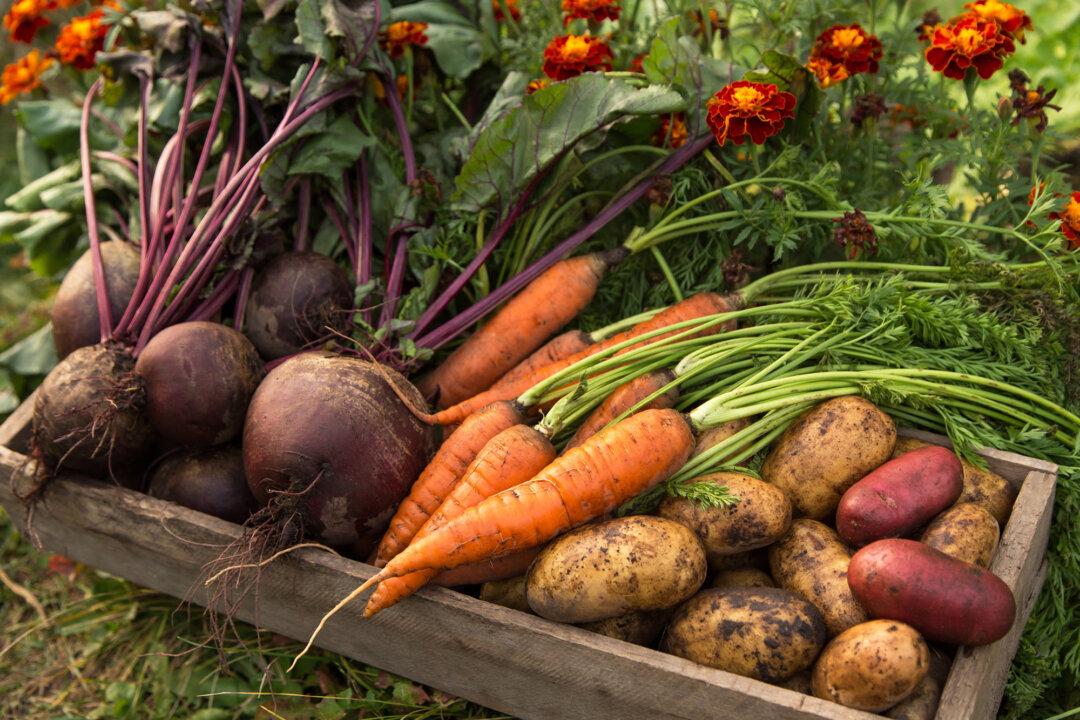Commentary
The other day, my husband handed three zucchinis to a dear friend’s mother—freshly picked from our garden. They were perfect: not too small that they lacked flavor, not too big that they’d grown tough. Just right. She looked at them with such tenderness and reverence, holding them like something sacred. I’ve seen that look before. It’s the look of someone remembering when food was real.





